 |
| May 07, 2020 |
Dear Reader,
Here are highlights from today's top stories: Antigen tests for the new coronavirus could be cheap to produce and simple to use, but high false-negative rates and limits of detection are still an issue. Next up, read about high school students practicing gene editing with a DIY tool. Then tune in to the latest episode of 60-Second Science to learn how horses can recognize individual people in photographs. And don't forget to check out our featured story on new research that could settle the debate over linking teenage marijuana use to changes in cognition. |
| | Sunya Bhutta, Senior Editor, Audience Engagement
@sunyaaa | |
 |
| |
| |
| |
| Behavior & Society The COVID-19 Response Is Failing Communities of Color To build trust with traditionally underserved groups, health officials need to craft their messaging in a much more culturally sensitive way | | By Margaret S. Pichardo,Briana Christophers,Gezzer Ortega | | | |
| |
| Cognition Horses Recognize Pics of Their Keepers Horses picked out photographs of their current keepers, and even of former keepers whom they had not seen in months, at a rate much better than chance. |  | By Susanne Bard | 03:00 | | | |
| |
| |
FROM THE STORE
 | | | |
| |
FROM THE ARCHIVE
 | | | |
| |
LATEST ISSUES
 |
| |
| Questions? Comments?  | |
| Download the Scientific American App |
| |
| |



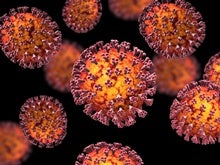






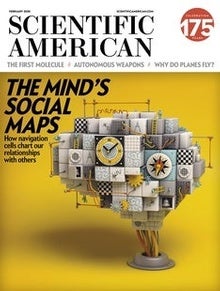

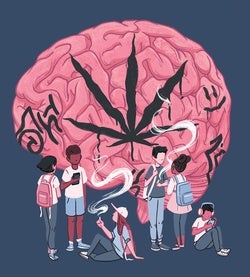


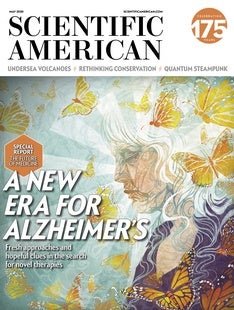
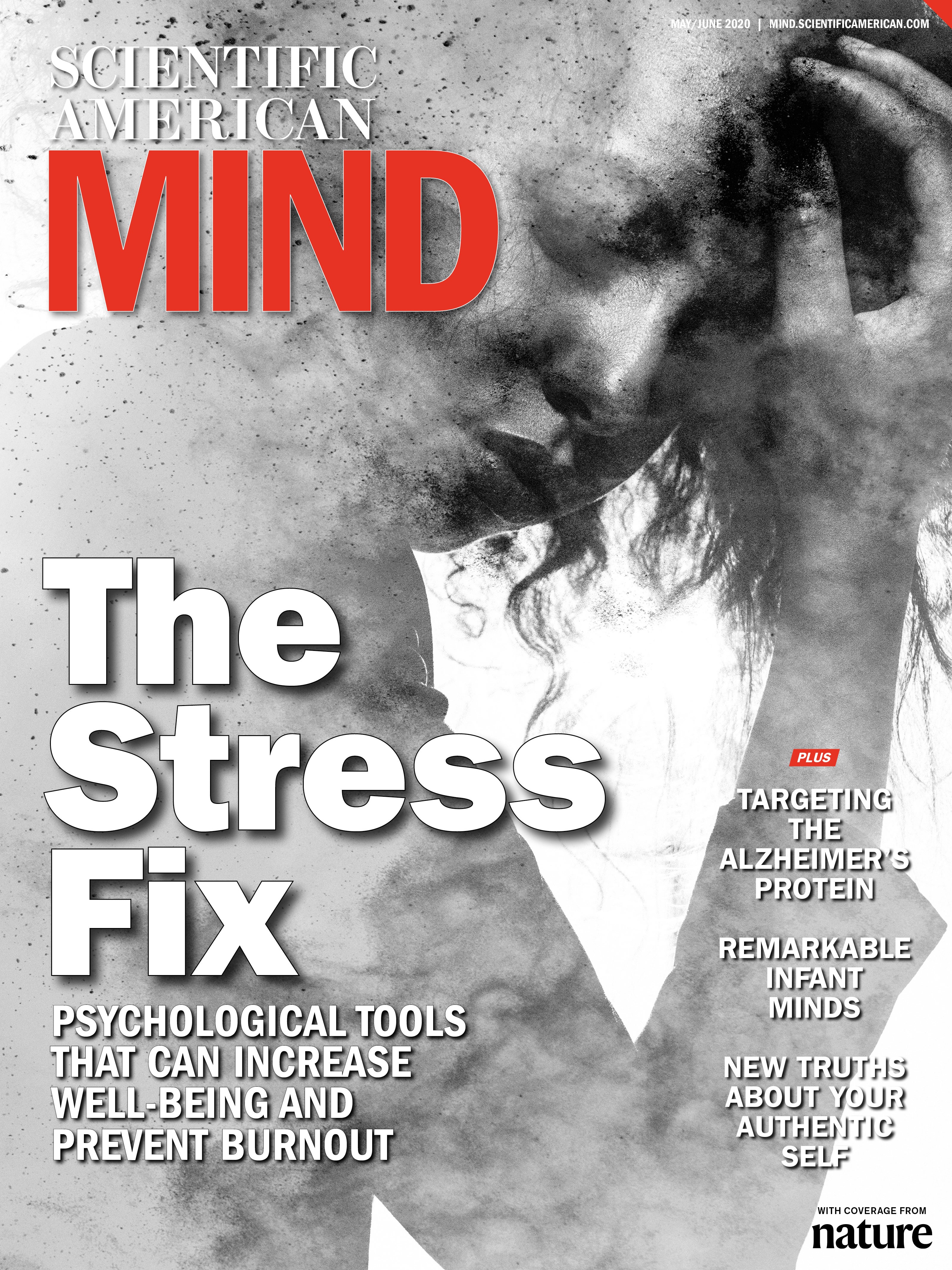




Comments
Post a Comment